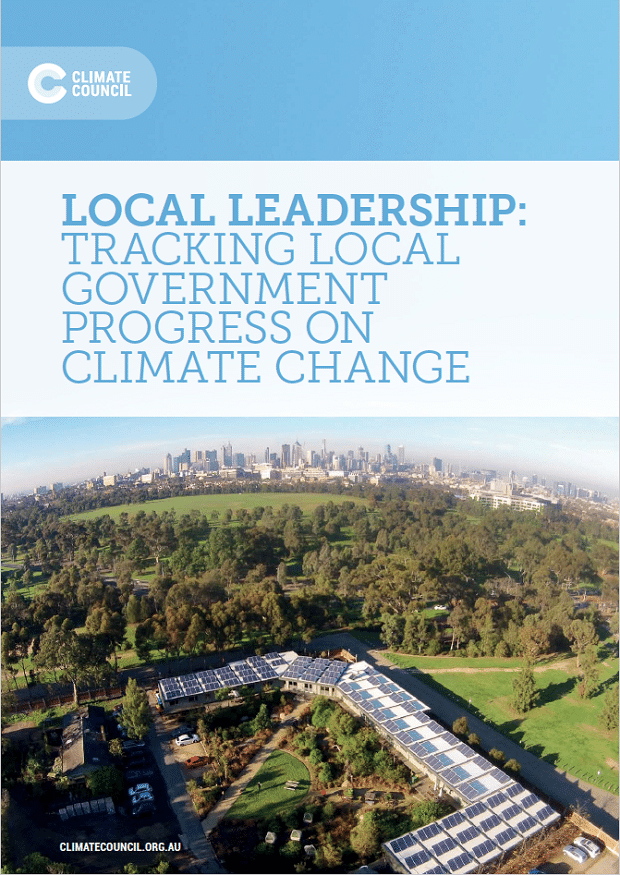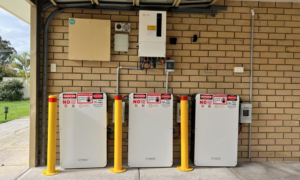As federal authorities debate emissions targets, Australian councils and community groups are taking the lead on climate action.
That’s according to a new report from the Climate Council: ‘Local Leadership: Tracking Local Government Progress on Climate Change’.
The report finds one-in-five local governments across the nation now have 100 per cent renewable energy goals.
The report shows Australia’s cities, urban centres and rural townships could collectively cut energy emissions by 70 per cent.
“Cities and towns are leading the way in Australia with many putting the Federal government to shame,” said Climate Council CEO Amanda McKenzie.
“This follows the US example, where 250 Mayors have committed to the Paris agreement in spite of the Trump withdrawal.”
‘Angry Summer’ prompts climate action at local level
2016 was the hottest year on record, and Australia’s ‘Angry summer’ saw over 200 temperature and rainfall records set in major cities and regional centres.
The Climate Council report shows this highly urbanised population is increasingly vulnerable to climate events.

Two-thirds of Australians currently live in cities and 40 per cent reside in Sydney and Melbourne alone, the report states.
Sydney, Melbourne, Bundaberg and Darwin are likely to experience increased coastal flooding unless drastic action is taken to meet targets under the Paris Climate Accord.
In addition, the report finds 70 per cent of emission reductions required to meet the Paris agreement is achievable in cities.
Towns, cities, taking climate action
Australia’s rapidly expanding cities and towns are major drivers of pollution, the report states. However, many are taking the opportunity to become “critical hubs” in the battle against climate change.
Thirty-five councils signed up to the Cities Power Partnership. This landmark national program helps local governments make the switch to renewable energy.
Chief Climate Councillor Professor and report author Tim Flannery said the figure represents Aussies taking the lead on climate action.
Professor Flannery said the Cities Power Partnership is about local councils achieving better emissions reductions.
Furthermore, he said councils are transitioning towards renewable energy technologies like wind energy and solar power.












































